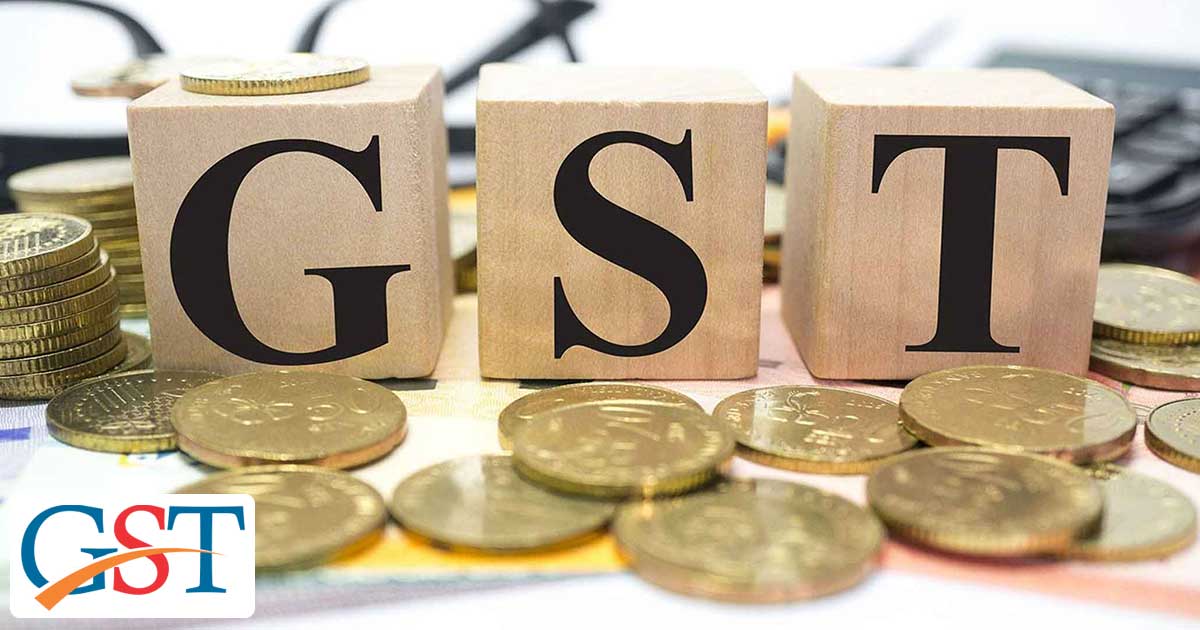
West Bengal finance minister Amit Mitra stated that around 39,111 are still stuck in the process of GST as this revenue belongs to the states while on the other side the centre is pressurizing on more and more revenue collections which have made the overall situations more stressful. All the talks have been done at the annual general meeting of FICCI, where the finance minister has indicated that the revenue collections for September and October have dropped by 12000 crores. He stated that “For all States, for the first four months, ?1.72 lakh crore is required for revenue protection. Of this States have received? 1.33 lakh crore while there is a shortfall of? 39,111 crore.”
The revenue shortfall could reach up to 90000 crores as against estimated 55000 crores, he explained. In the meantime, Jammu and Kashmir Finance Minister Haseeb Drabu and Bihar Deputy Chief Minister Sushil Modi assured that the revenue shortfall will automatically stabilise in coming months over the GST issues. The panel discussion also stated that the SMEs issues need to be resolved and the compliance burden must be checked.
Jammu and Kashmir Finance Minister Haseeb Drabu mentioned that the composition scheme for the small business units with annual turnover up to INR 1.5 crore must be changed to allow ITC for them. He also stated that “The larger companies are not buying from small businesses due to lack of ITC, MRP is from a pre-liberalised era. We need to now abolish MRP to allow market forces and differently priced goods.”